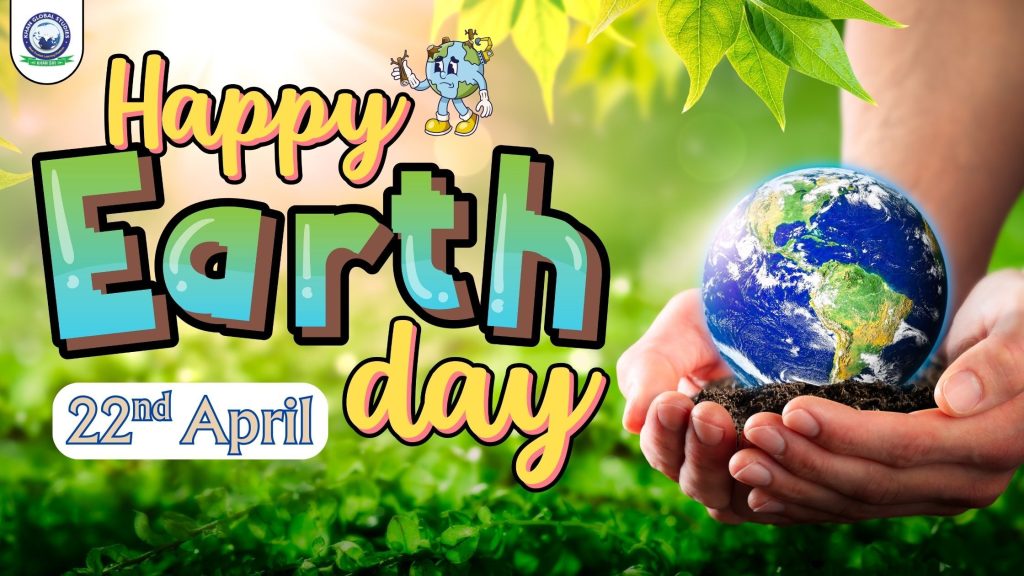Observed every year on April 22, Earth Day is a global event dedicated to raising awareness about environmental protection and the collective responsibility of humanity toward the planet. This day inspires people across the world to take meaningful action to safeguard Earth and its ecosystems.
History and Origin
Earth Day began in 1970 in the United States, initiated by Senator Gaylord Nelson and environmental activist Denis Hayes. The primary goal was to draw attention to the growing environmental crisis and the pollution caused by industrialization in the U.S.
However, even before that, in 1969, a peace activist named John McConnell proposed observing Earth Day on March 21 (the Spring Equinox), a suggestion that was later supported by UN Secretary-General U Thant.
Global Expansion
In 1990, Earth Day gained international recognition. That year, nearly 200 million people across 141 countries participated in various environmental activities. This momentum helped lay the foundation for the 1992 Earth Summit in Rio de Janeiro.
Since 2000, This Day has sparked several major global movements, including campaigns for climate action, the fight against plastic pollution, and the promotion of green energy.
Recent Milestones
- 2016: Over 175 countries signed the historic Paris Climate Agreement on Earth Day, marking a significant step toward combating climate change.
- 2020: Despite the pandemic, Earth Day’s 50th anniversary saw more than 100 million people join virtual events, making it the largest digital environmental movement in history.
- 2024: Earth Day Network launched the “Planet vs. Plastics” campaign, aiming to reduce plastic usage by 60% by 2040.
Earth Day in India
In India, this Day is marked by a variety of initiatives organized by institutions, schools, colleges, and environmental organizations, including:
- Tree plantation drives
- Plastic-free awareness rallies
- Environmental awareness camps
- School competitions (essay writing, poster making, speeches, etc.)
Given the rising levels of pollution and the impact of climate change, the relevance of Earth Day in India is more significant than ever.
Why Earth Day Matters
- Increasing air, water, and soil pollution
- Climate change and loss of biodiversity
- Global warming and rising sea levels
- Overconsumption of natural resources and deforestation
- Pollution from plastics and chemicals in oceans and rivers
Earth Day encourages individuals and communities to become more conscious, responsible, and proactive in addressing these urgent issues.
What Can We Do?
- Minimize the use of plastic
- Plant more trees
- Save energy and adopt solar power
- Practice rainwater harvesting and water conservation
- Use organic and sustainable products
Conclusion
This Day is not just a symbolic occasion—it represents our duty and commitment to the planet. It reminds us that the Universe is our mother, and protecting it is our sacred obligation. To leave behind a greener, healthier world for future generations, we must begin taking action today.
Let’s come together this Earth Day and pledge to build a cleaner, greener, and more sustainable future for all.





